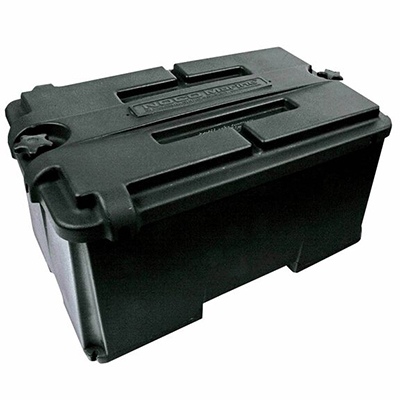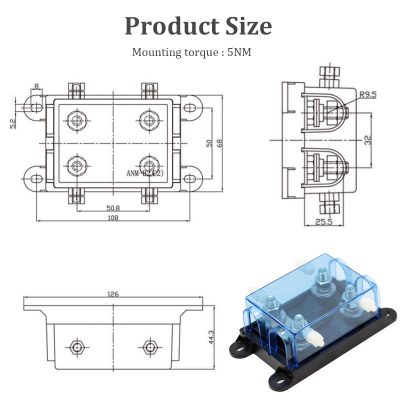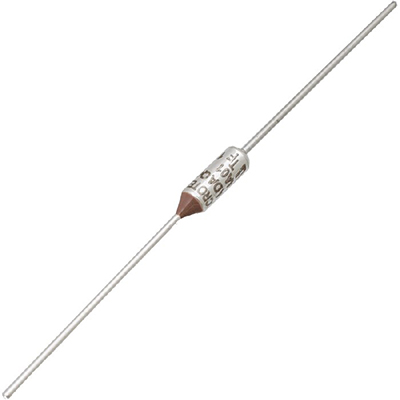Assessing Thermal Resistance Performance of Car Fuse Holders in Extreme Temperature Conditions for Optimal Automotive Reliability
News 2025-10-20
In the automotive industry, ensuring the durability and safety of electrical components is essential, particularly under harsh environmental conditions. Car fuse holders are critical for protecting circuits from overcurrent, but their thermal resistance performance becomes a focal point in extreme temperatures. This characteristic determines how effectively a fuse holder can dissipate heat or withstand cold, preventing failures that could lead to costly repairs or safety hazards. As vehicles operate in diverse climates, from scorching deserts to freezing winters, understanding thermal resistance helps in selecting components that enhance overall system reliability and longevity.

Defining Thermal Resistance in Automotive Applications
Thermal resistance is a measure of a material’s ability to impede heat flow, often expressed in degrees Celsius per watt. In car fuse holders, low thermal resistance facilitates efficient heat dissipation, crucial for maintaining functionality during high-temperature events like engine operation or electrical surges. Conversely, high resistance can insulate against cold, preventing brittleness. Materials such as reinforced plastics or aluminum alloys are commonly used to achieve balanced thermal properties. Testing under standards like SAE J1113 ensures these holders perform reliably, supporting applications in battery management systems and power distribution units where thermal stress is prevalent.
Key Application Scenarios and Performance Advantages
Automotive fuse holders with strong thermal resistance excel in scenarios involving extreme temperature fluctuations, such as in electric vehicles during rapid charging or in conventional cars exposed to engine heat. For instance, in high-heat environments, these holders prevent overheating that could cause fuse degradation, while in cold conditions, they maintain electrical conductivity without cracking. Performance advantages include enhanced safety by reducing fire risks, extended component lifespan through minimized thermal cycling damage, and improved energy efficiency in modern hybrid systems. This makes them indispensable for high-reliability applications, contributing to better vehicle performance and regulatory compliance in demanding markets.
Common Questions and Answers
1. What factors affect thermal resistance in car fuse holders?
Answer: Material composition, design geometry, and environmental exposure significantly influence thermal resistance, with high-conductivity materials enhancing heat dissipation.
2. How does thermal resistance impact fuse holder durability in extreme temperatures?
Answer: It determines heat management capabilities; low resistance prevents overheating in heat, and high resistance avoids cold-induced failures, thereby extending service life.
3. What benefits do high thermal resistance fuse holders offer for automotive use?
Answer: They provide greater safety, reduced maintenance needs, and compatibility with advanced systems, ensuring reliable operation across various temperature extremes.


